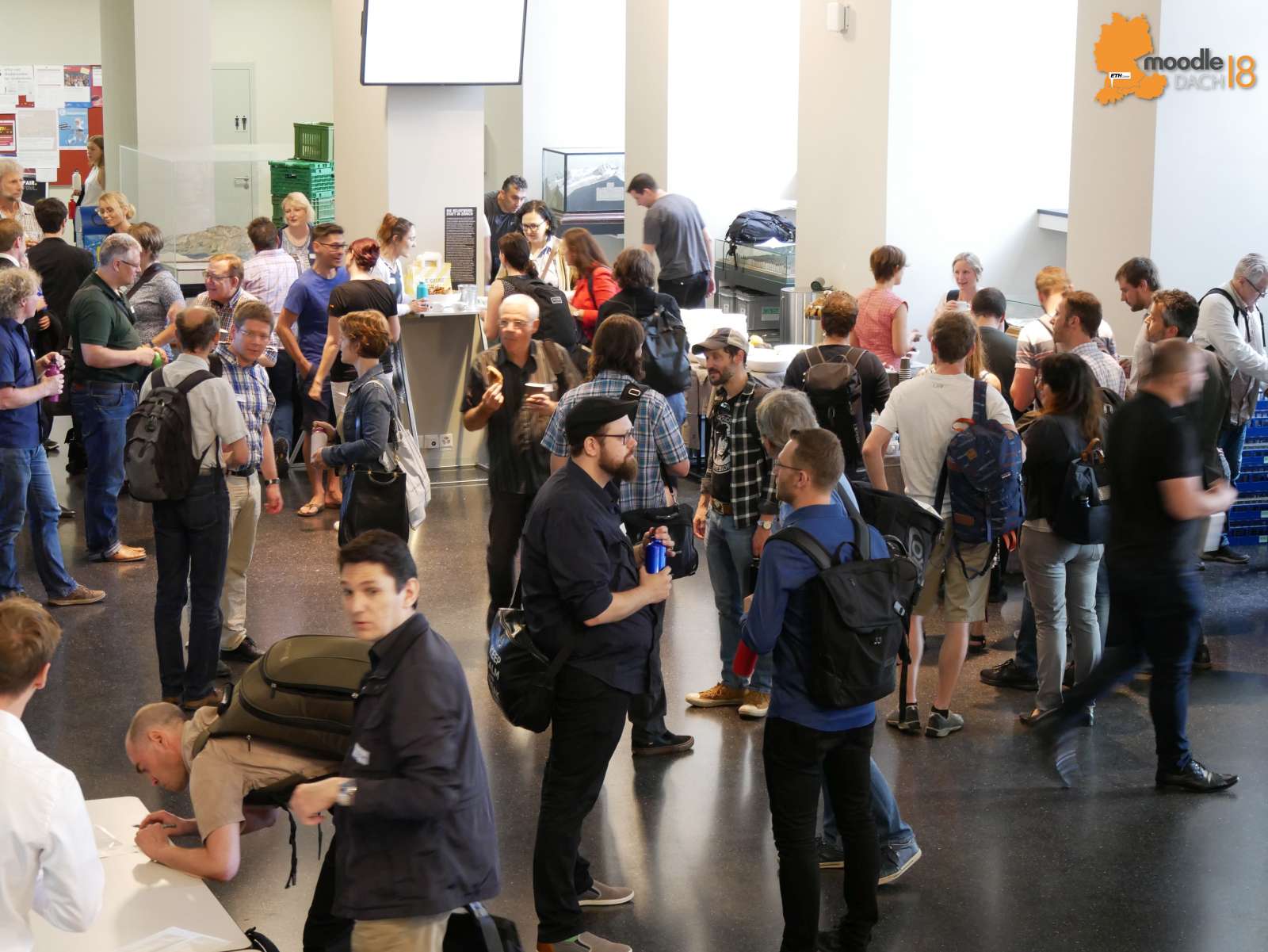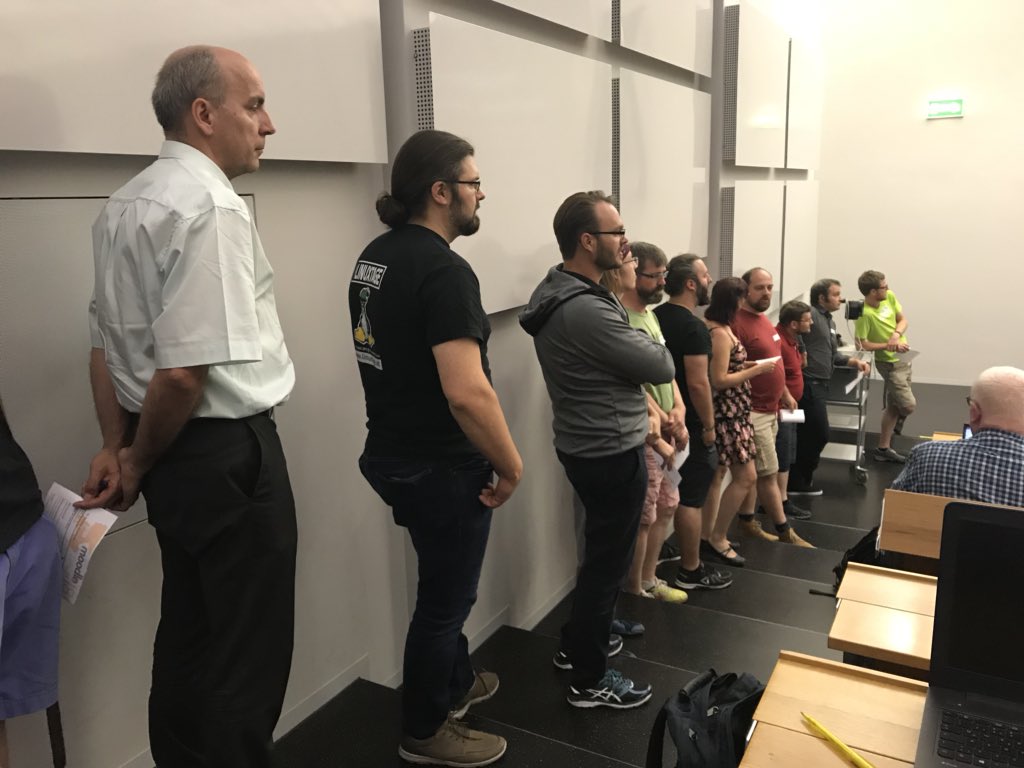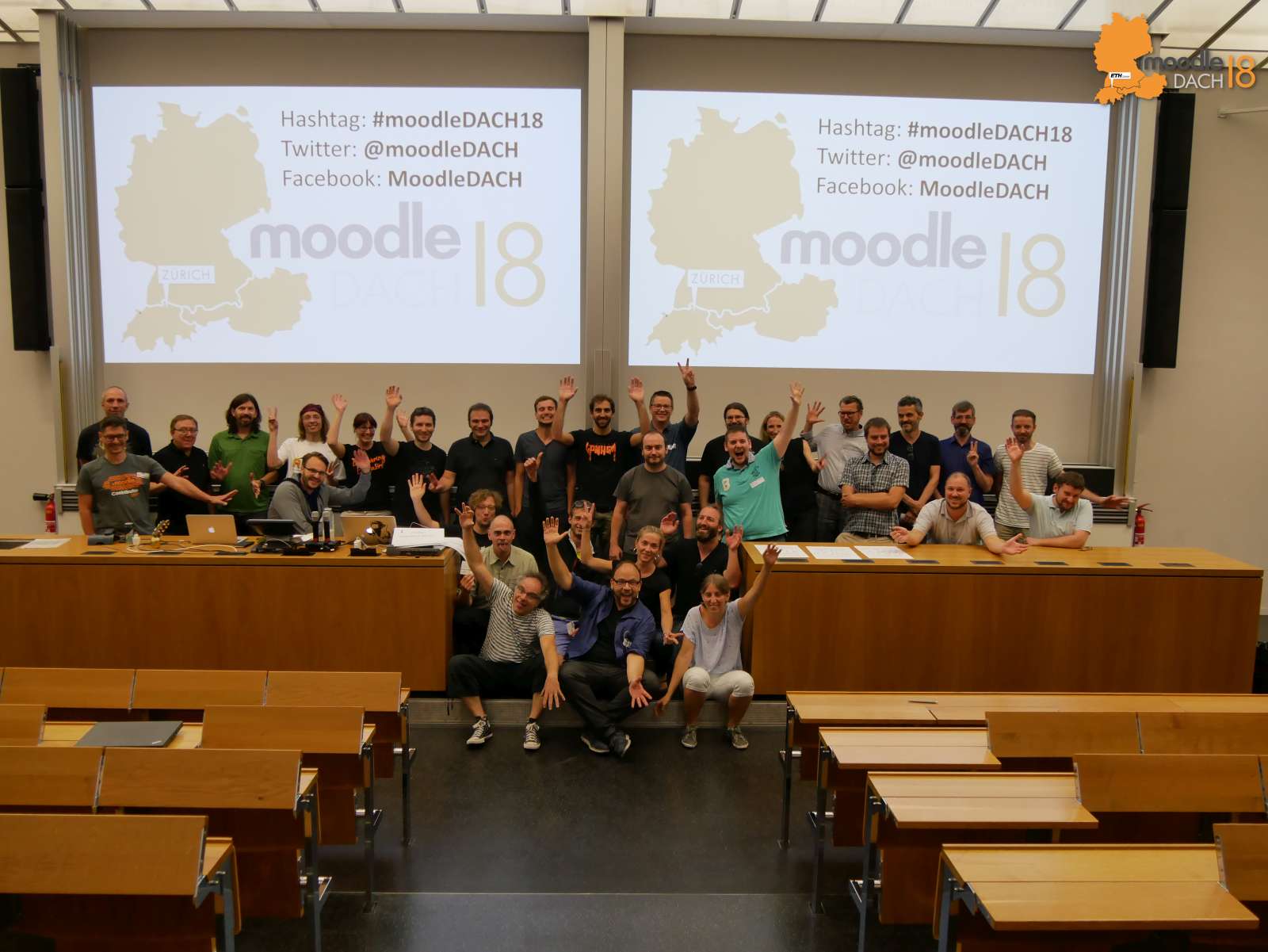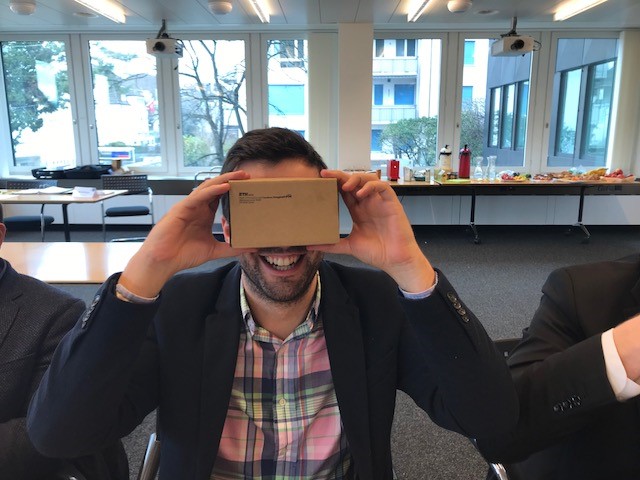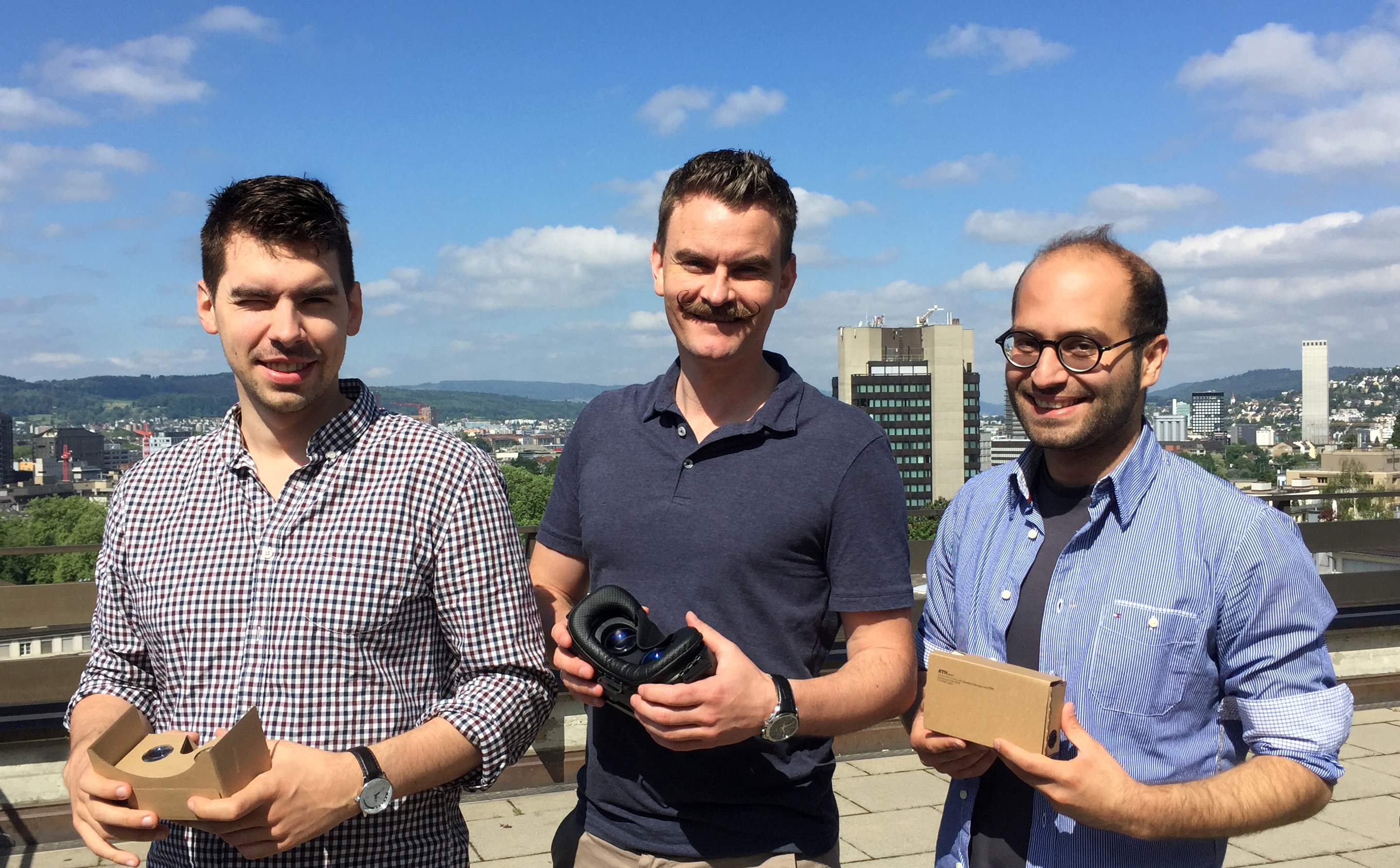Neue Funktionen für die EduApp
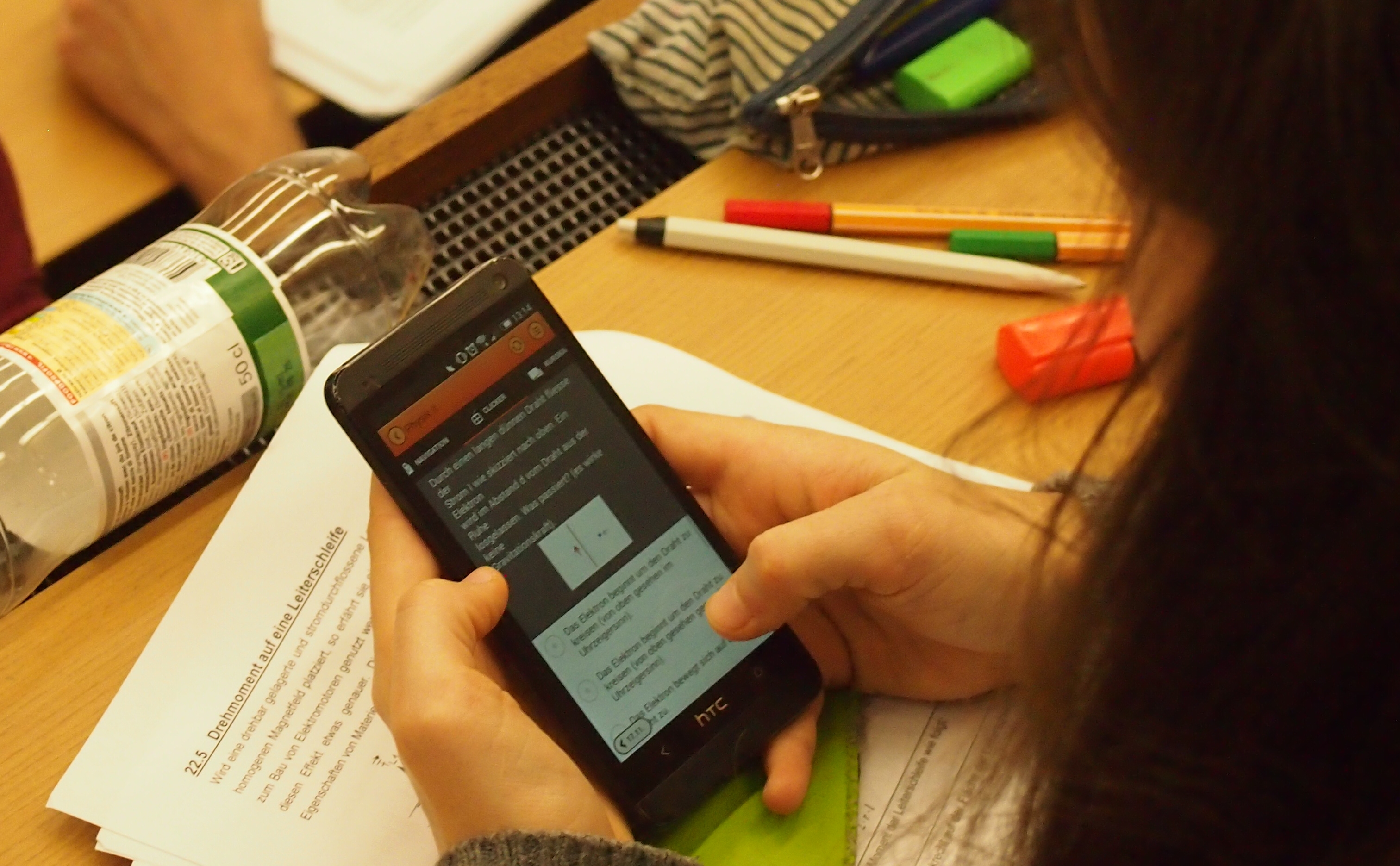
Die EduApp ist eine der wichtigsten Lehrapplikationen der ETH. Ziel der EduApp ist es einerseits, die Interaktion zwischen Studierenden und Dozierenden im Hörsaal zu verbessern. Anderseits möchte diese Lehre-App Studierenden der ETH Zürich einen Mehrwert im Studienalltag bieten.
Im letzten Frühlingssemester haben 100 Dozierende Clickerfragen in ihrem Unterricht eingesetzt und damit 8’694 Studierende erreicht. Auch aus Sicht der Dozenten ist die EduApp eine wertvolle Ergänzung.
Dr. Ghislain Fourny (D-INFK): «Ich benutze seit 2016 die EduApp in allen meinen Vorlesungen und bin davon sehr begeistert. Es ermöglicht eine reiche Interaktion mit den Studierenden und gibt mir ein konstantes Feedback»
Prof. Dr. Christoph Heinrich (D-ERDW): «Ich habe im HS2017 zum ersten Mal regelmässig Clicker-Fragen in meiner grossen Geologievorlesung für die Erstsemestrigen am D-BAUG eingesetzt. Es war ein grosser Erfolg, nicht zuletzt wegen der Auflockerung, und ich bekam spontan viele positive Feedbacks».
Dr. Markus Kalisch (D-MATH): «Mit der EduApp bekomme ich sofortiges Feedback von den Studenten, selbst wenn die Vorlesung mehrere hundert Teilnehmer hat».
Dr. Meike Akveld (D-MATH): «Die EduApp gibt mir direktes Feedback darüber, ob verstanden wurde, was ich unterrichtet habe. Ich bitte immer einen der Studierenden die richtige Antwort zu erklären, was oft hilfreich ist. Ausserdem ist es für sie eine angenehme Abwechslung».
Neue Funktionen für den Clicker
Pünktlich auf das aktuelle Semester wurden in der der EduApp neue Funktionen im Bereich Clicker hinzugefügt. Mit der Funktion «Clicker» können Dozierende via EduApp Fragen stellen, die meist sofort im Unterricht beantwortet werden.
1. Zwischenresultate: Neu können Dozierende die Abstimmung der Clickerfragen in zwei Runden machen und die Zwischenresultate anzeigen.
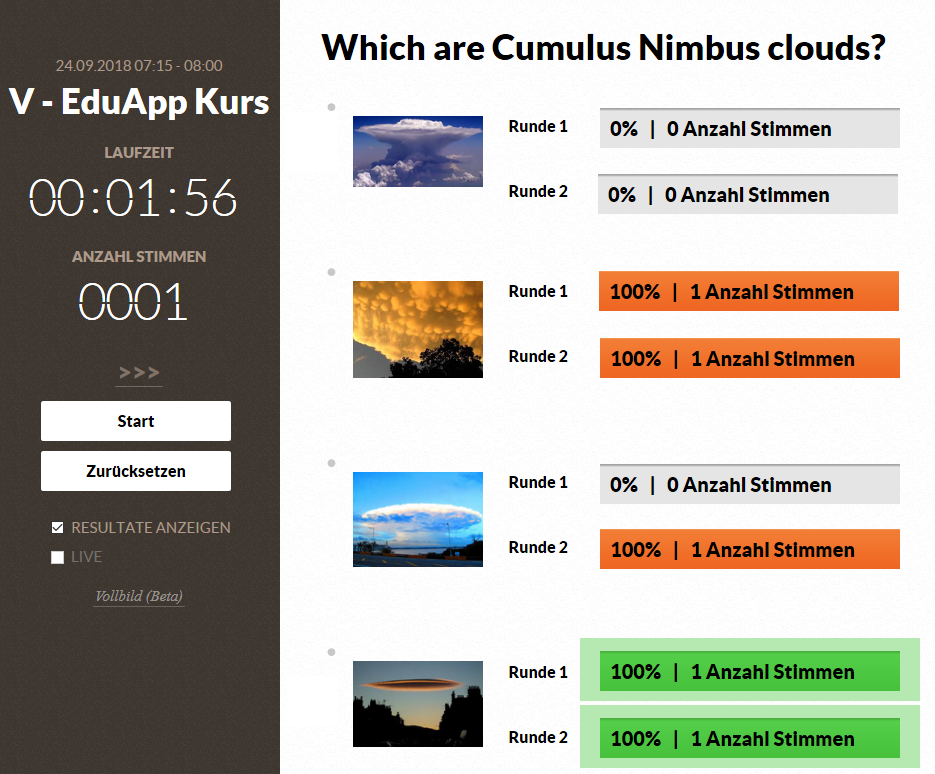
2. Erweiterter LaTeX-Editor: Der Funktionsumfang des LaTeX-Editors zur Anzeige von mathematischen Formeln in Clickerfragen wurde erweitert. Nicht nur können Dozierende jetzt Formeln und Gleichungen im Text eingebunden darstellen, es gibt auch mehr Textformatierungsmöglichkeiten.

3. Flashcards: Studierende können neu mit der Funktion «Flashcards» bestehende Clickerfragen durcharbeiten (z.B. zur Prüfungsvorbereitung). Die neue EduApp-Funktion “Flashcards” wurde durch den «the Rectors Impulse Fund» ermöglicht.

Mehr zu den neuen Funktionen finden Sie auf der EduApp Service-Seite und in der aktualisierte EduApp-Anleitung.


